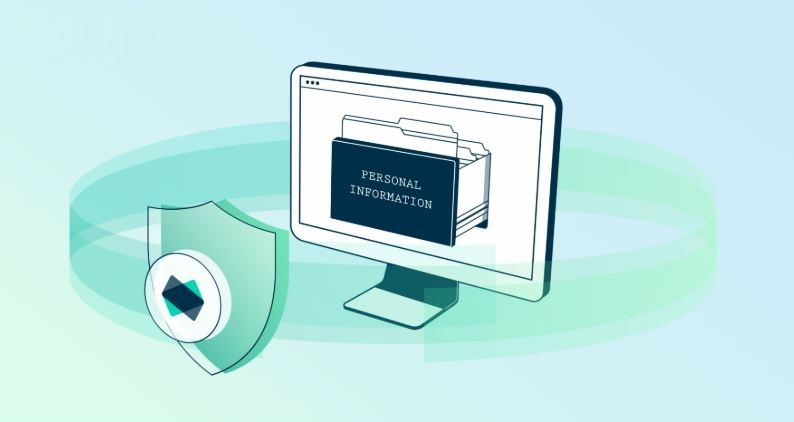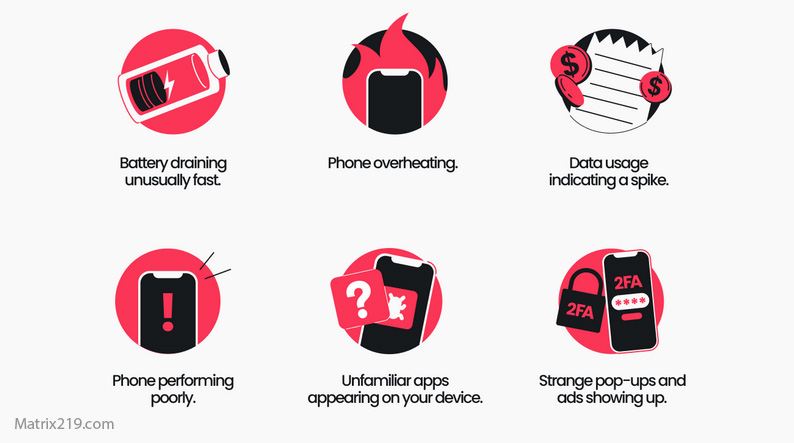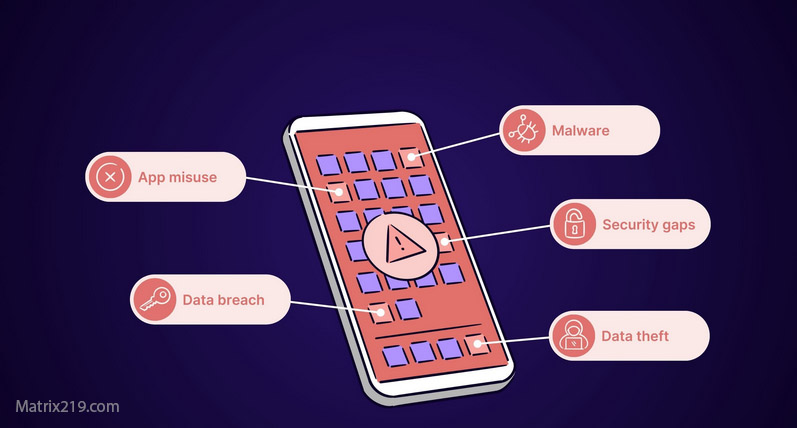Protecting personal data online is more critical than ever due to rising cyber threats. Users can safeguard their sensitive information by following essential security practices that minimize the risk of data breaches and privacy violations.
What Is Personal Data?
Personal data includes any information that can be used to identify an individual, such as:
- Personal Information: Name, address, phone number.
- Sensitive Information: Passwords, bank account numbers.
- Behavioral Data: Browsing history, purchase records.
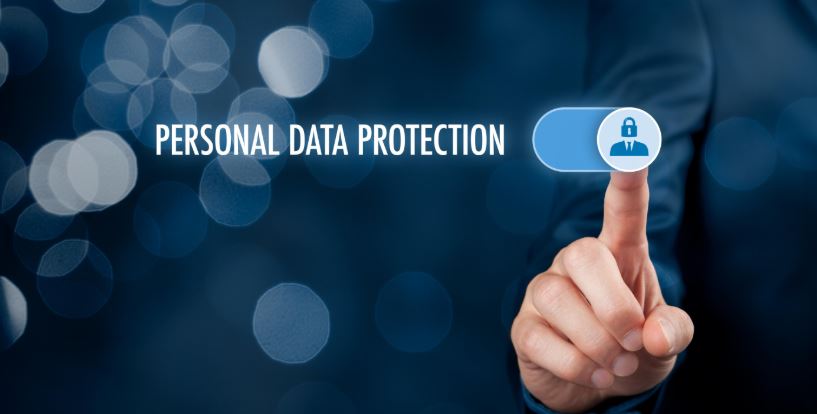
Best Practices for Protecting Personal Data Online
1. Use Strong and Unique Passwords
- Create complex passwords with uppercase and lowercase letters, numbers, and symbols.
- Avoid using the same password for multiple accounts.
- Use a password manager for secure storage.
2. Enable Two-Factor Authentication (2FA)
- Activate 2FA on all important accounts.
- Use authentication apps like Google Authenticator or Authy.
3. Beware of Phishing Attacks
- Do not click on suspicious links in emails or messages.
- Always verify the sender’s email address before sharing sensitive information.
4. Keep Your Software and Operating System Updated
- Regularly update operating systems and applications to fix security vulnerabilities.
- Enable automatic updates to stay protected.
5. Use a Virtual Private Network (VPN)
- Use a reliable VPN service when connecting to public Wi-Fi.
- A VPN encrypts your connection and hides your IP address.
6. Limit Sharing Personal Information on Social Media
- Adjust privacy settings on social media accounts.
- Avoid posting personal details such as location or travel plans.
7. Protect Your Email and Attachments
- Do not open attachments from unknown sources.
- Use secure email providers like ProtonMail or Gmail with enhanced security settings.
8. Be Cautious with Apps and Websites
- Download apps only from official app stores.
- Check app permissions and avoid granting unnecessary access.
9. Encrypt Sensitive Data
- Use encryption software to protect sensitive files on your devices.
- Encrypt cloud storage data to prevent unauthorized access.
10. Regularly Back Up Your Data
- Create backups of important files on external drives or cloud storage.
- Ensure backups are encrypted and securely stored.
11. Stay Safe While Shopping Online
- Shop only from reputable websites with HTTPS encryption.
- Use secure payment methods like PayPal or virtual credit cards.
12. Monitor Your Bank Accounts Regularly
- Keep track of your financial accounts to detect any suspicious activity.
- Enable SMS or email notifications for transactions.
How to Respond to a Data Breach?
If you become a victim of a data breach, follow these steps:
- Reset Your Passwords: Immediately change passwords for affected accounts.
- Contact Your Bank: Report any suspicious financial activity.
- Report the Incident: Notify local authorities or cybersecurity response teams.
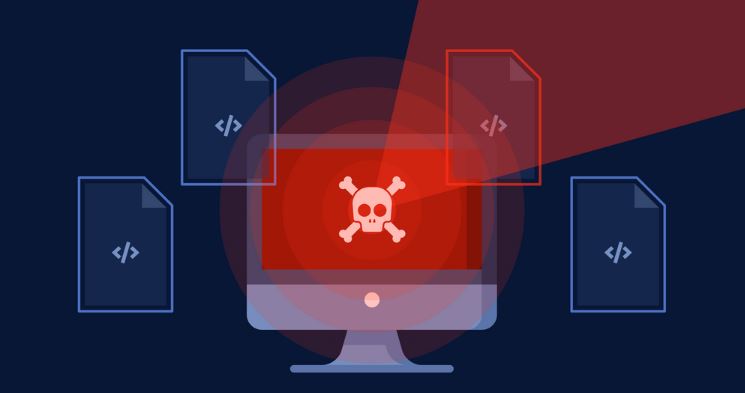
Conclusion
Protecting personal data online requires awareness and a commitment to cybersecurity best practices. By implementing these security tips, you can enhance your online safety and reduce the risks associated with cyber threats.
